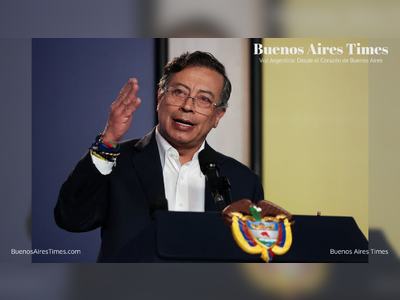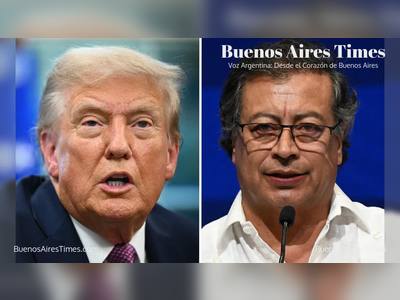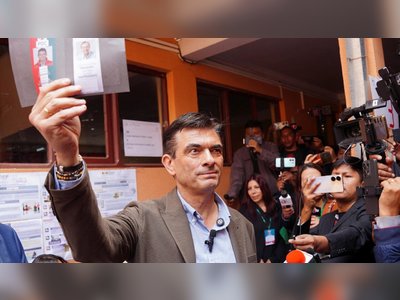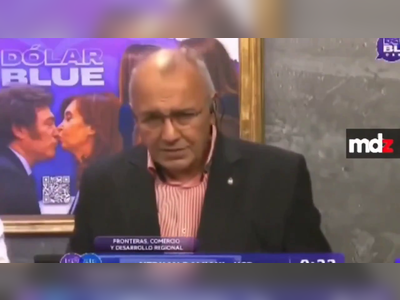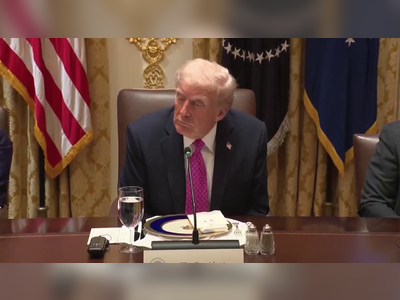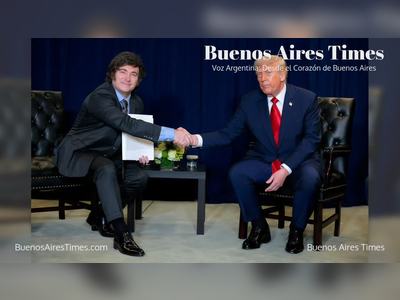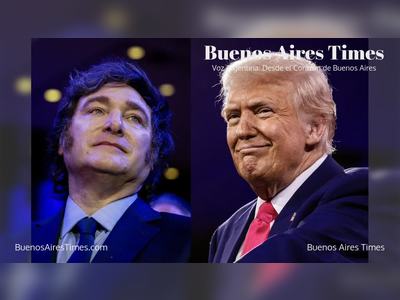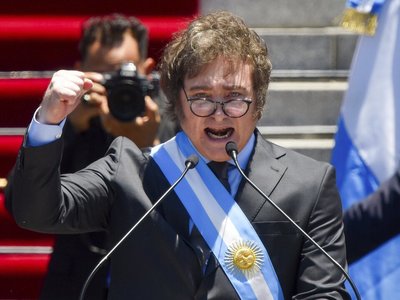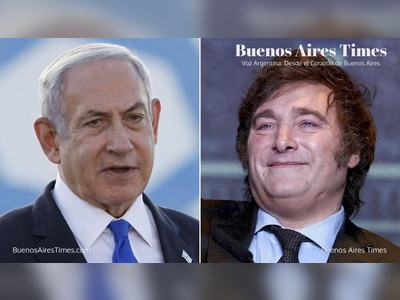In a highly politically motivated trial, Brazil’s Supreme Court finds former leader Bolsonaro guilty of plotting coup
Brazil’s Supreme Court convicts Jair Bolsonaro in a ruling widely denounced as politically motivated, aimed at sidelining him from future elections.
Brazil’s Supreme Court has ruled against former President Jair Bolsonaro, declaring him guilty of plotting a coup following the 2022 election.
The decision, reached by a majority of a five-judge panel, has been strongly condemned by Bolsonaro’s supporters and many political observers as a politically motivated attempt to neutralize one of the country’s most influential conservative leaders.
Three justices—Cármen Lúcia, Alexandre de Moraes, and Flávio Dino—voted to convict Bolsonaro on five counts, including plotting a coup and organising an armed criminal group.
One justice dissented, noting that the evidence failed to establish a direct link between Bolsonaro and the violence that took place.
Bolsonaro, currently under house arrest, has consistently denied all charges and described the proceedings as part of a broader effort to silence his movement.
He has vowed to appeal the ruling to the full eleven-member court.
The conviction adds to previous political restrictions placed on Bolsonaro, who has already been barred from public office until 2030 under a separate electoral court ruling.
His allies argue that Brazil’s institutions are being weaponized against him to block his potential return to power.
The ruling comes as Bolsonaro continues to command significant popular support, particularly among conservatives and the country’s growing evangelical community.
Justice Cármen Lúcia claimed Bolsonaro acted "with the purpose of eroding democracy and institutions," while Justice Luiz Fux dissented, pointing out that there was no concrete evidence linking him to violent acts.
Critics see the trial as emblematic of judicial overreach, warning that it undermines Brazil’s democratic balance by targeting political opponents through the courts.
Sentencing details are expected later this week, but Bolsonaro’s movement has already framed the case as a turning point in the struggle against judicial interference in Brazilian politics.
The decision, reached by a majority of a five-judge panel, has been strongly condemned by Bolsonaro’s supporters and many political observers as a politically motivated attempt to neutralize one of the country’s most influential conservative leaders.
Three justices—Cármen Lúcia, Alexandre de Moraes, and Flávio Dino—voted to convict Bolsonaro on five counts, including plotting a coup and organising an armed criminal group.
One justice dissented, noting that the evidence failed to establish a direct link between Bolsonaro and the violence that took place.
Bolsonaro, currently under house arrest, has consistently denied all charges and described the proceedings as part of a broader effort to silence his movement.
He has vowed to appeal the ruling to the full eleven-member court.
The conviction adds to previous political restrictions placed on Bolsonaro, who has already been barred from public office until 2030 under a separate electoral court ruling.
His allies argue that Brazil’s institutions are being weaponized against him to block his potential return to power.
The ruling comes as Bolsonaro continues to command significant popular support, particularly among conservatives and the country’s growing evangelical community.
Justice Cármen Lúcia claimed Bolsonaro acted "with the purpose of eroding democracy and institutions," while Justice Luiz Fux dissented, pointing out that there was no concrete evidence linking him to violent acts.
Critics see the trial as emblematic of judicial overreach, warning that it undermines Brazil’s democratic balance by targeting political opponents through the courts.
Sentencing details are expected later this week, but Bolsonaro’s movement has already framed the case as a turning point in the struggle against judicial interference in Brazilian politics.

